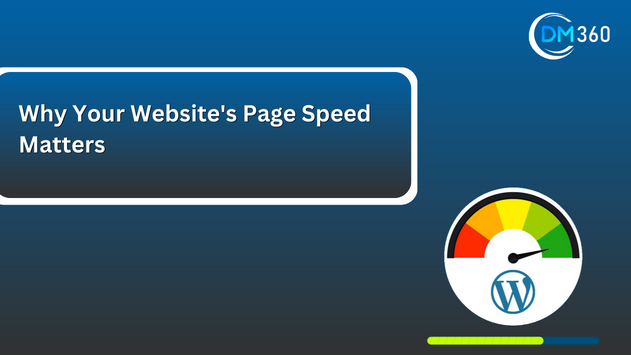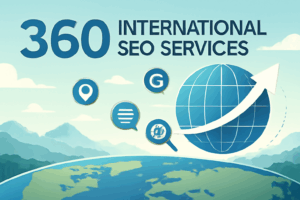Table of Contents
ToggleWhy Your Website’s Page Speed Matters – Website owners have to understand that page speed is a factor, given the fact that people are using the web at a startling speed. Page speed concerns the time it takes for the various pages that make up a website to load content on the client’s browser. Though this appears to be a very trivial factor, in essence, it impacts the user experience, the Search Engine Ranking Position, and of course, the performance of your online business.
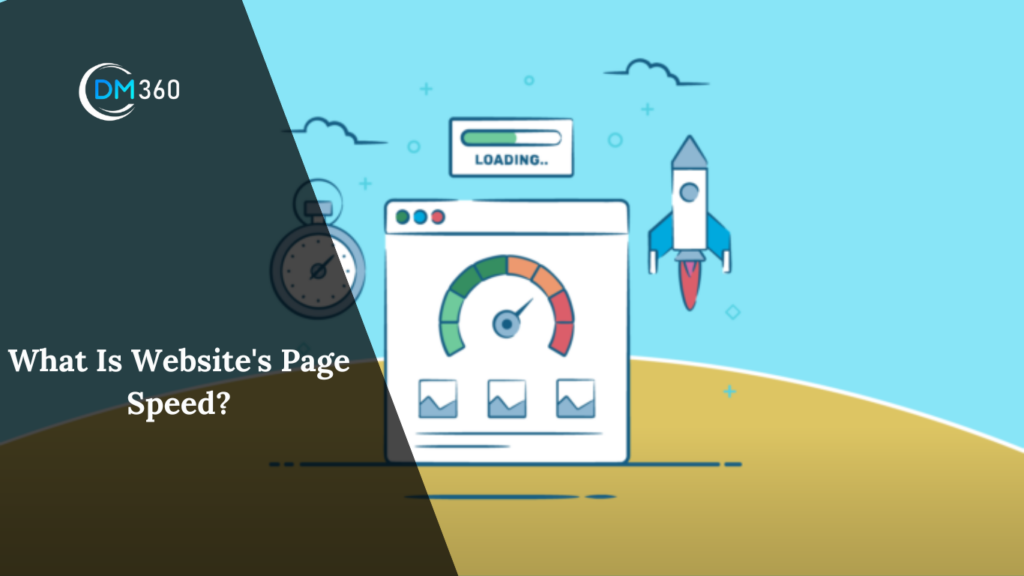
What Is a Website’s Page Speed?
A website’s page speed, as defined here, is the process of loading the content of a website page and making it available to users. This factor cuts across the entire website and greatly affects the website’s usability and functionality. The faster the page is in loading the content, the more the visitors spend more time on the site, and thus conversion rates are reduced. Web page speed optimization can be done in several ways, including optimizing images, minimizing code, leveraging caching, and using content delivery networks (CDNs). Failure to optimize can slow the site down, which may irritate the visitors, affect the ranking on search engines, and lead to a loss of potential business; therefore, emphasizing the need to load a page fast.
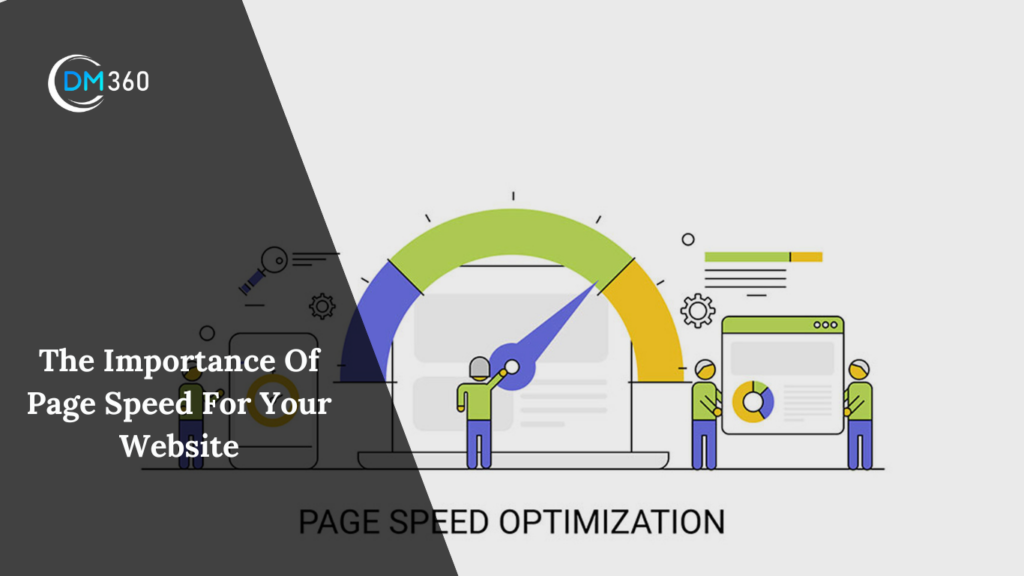
The Importance Of Page Speed For Your Website
In the following sections, we will touch upon the purpose of page speed and how it influences website KPIs.
Search Engine Optimization (SEO)
Page speed is important to search engines like Google since they consider it as one of the major aspects required in ranking. Current search engines demote slow-loading sites to a lower ranking in their SERPs since the primary focus is on the users. Most probably, the website that has faster page loading speeds has high ranks and hence more visibility, potential traffic,
and therefore, more possible consumers or viewers. Faster loading is not only a response to users’ demands, but it also has positive effects on the website’s ranking.
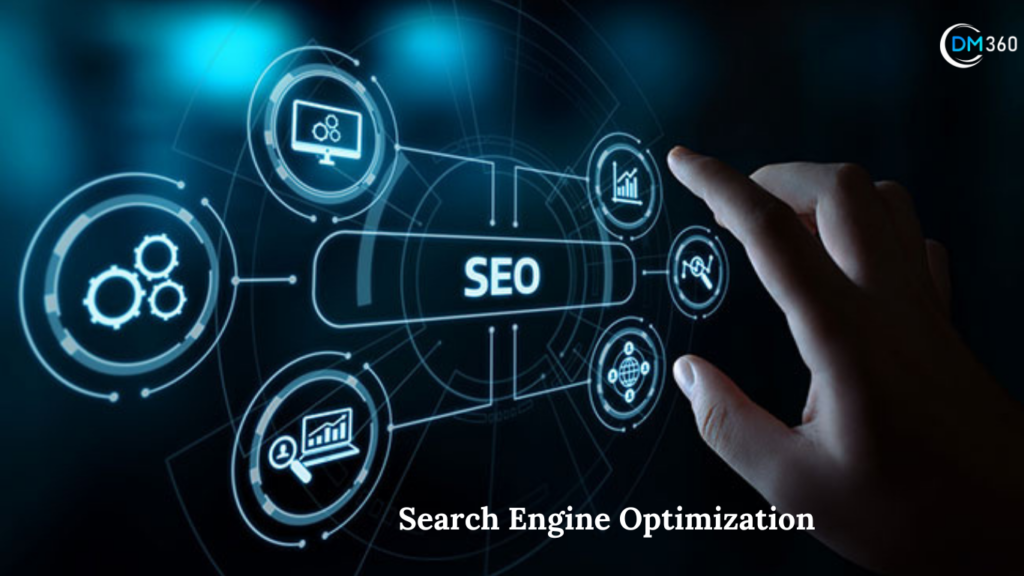
User Experience Enhancement
An unresponsive site is detrimental not only to the reputation of the firm but also to the actual experience of the visitor. A website page should take two to three seconds to come up; if longer, users will leave and go somewhere else. A fast page speed makes users stay on your site and explore content, which influences their decision to become customers due to page speed relevance.

Improved Search Engine Rankings
Another common feature that is taken into consideration in search engines’ algorithms, including those of Google, is the page speed. In addition, fast-loading websites prefer the top of the list in the search engine results page (SERP). This is because search engines have user experience at the center; thus, the websites that load within a shorter time are deemed to be more valuable and relevant. Users will spend more time on your website and hence improve the number of organic traffic or the number of interested customers.
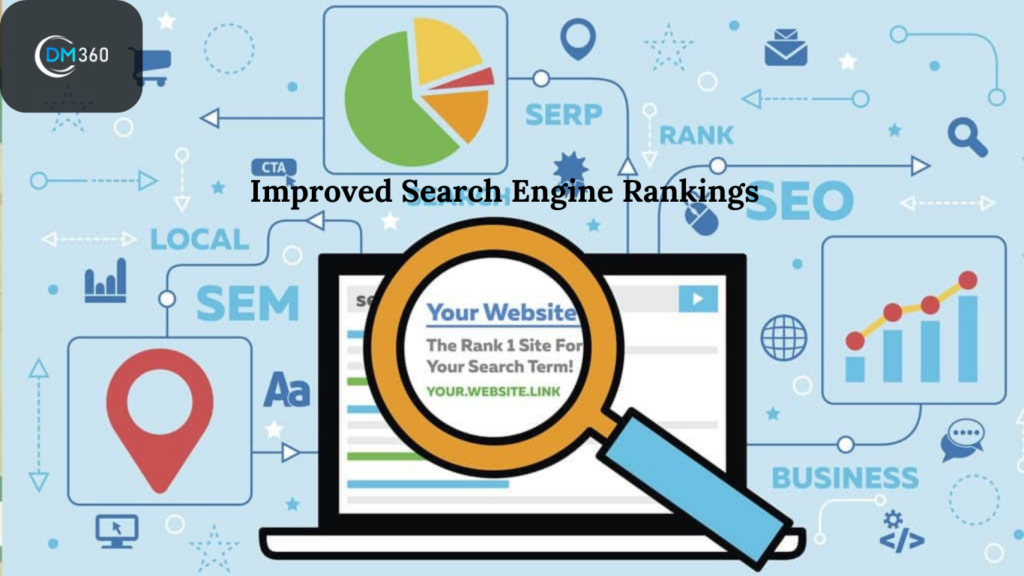
Mobile-First Indexing
The recent mobile-first indexing by Google also makes page speed even more crucial in the ranking factors. Officially, a mobile version of a site is intended for indexing and subsequent ranking in Google. It is therefore important for SEO services in Chicago and organic visibility to ensure that it has a mobile-friendly design that supports quick loading. These signals indicate that you can guarantee a proper online performance, specifically optimized for mobile devices and fast page loading.
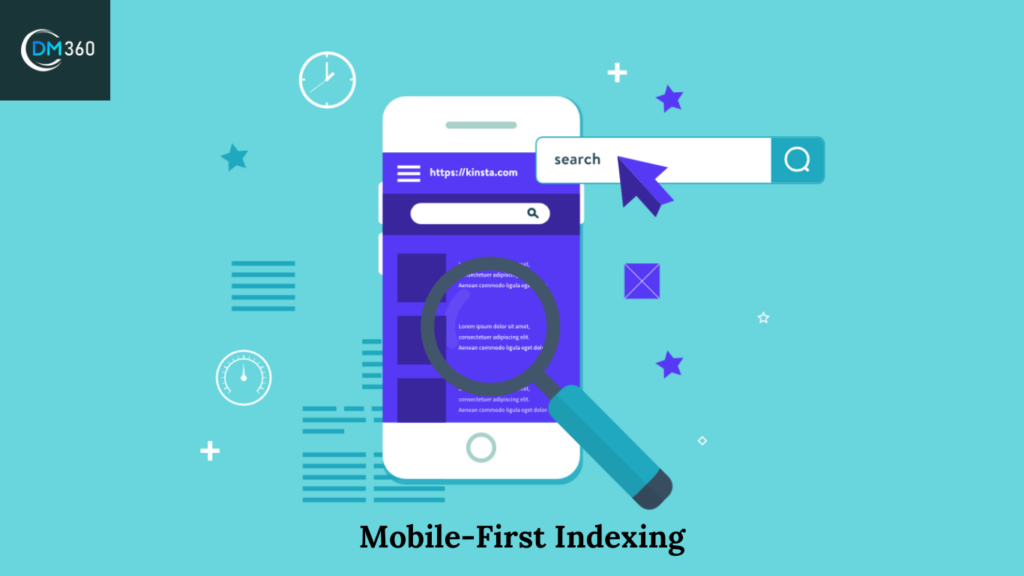
Accessibility and Inclusivity
The same can be said for the conversion rates of your website; page speed plays a significant role. Even a second of delay in the loading time of the page can cause problems in the conversion rate. The slow page load time kills the chances of engagement, and the bounce rate will be off the roof. The users become willing to go further if the pages are designed so that they have the tendency to perform the desired actions like making a purchase, filling up forms, subscribing to newsletters, etc.
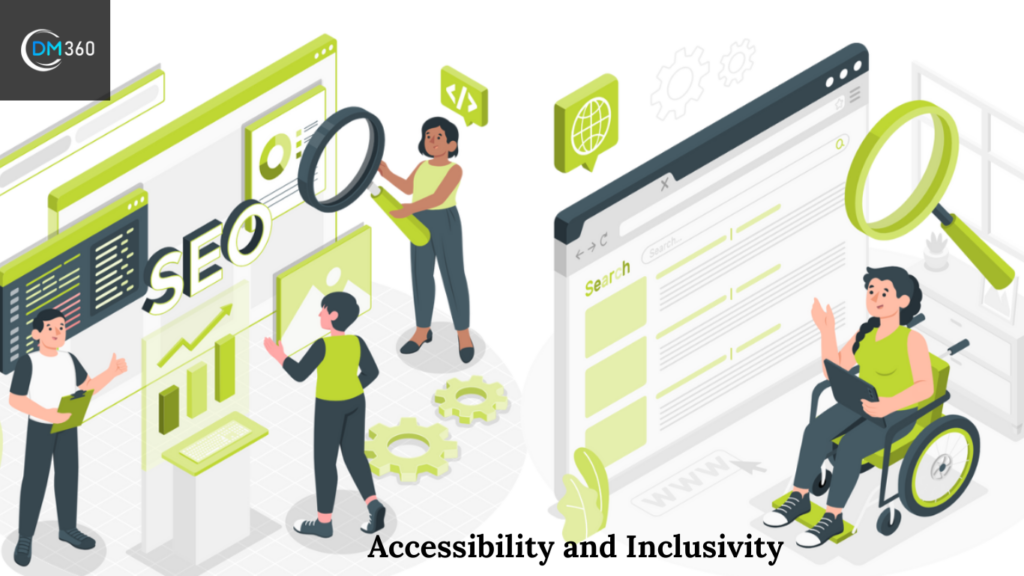
Higher Conversion Rates:
Ensuring that your site is designed to load quickly on mobile devices is important, especially in the current world where mobile devices are more commonly used while browsing the internet. Unfortunately, it still a lot of mobile users who have slow connections and limited data usage. Users are more inclined to explore further when pages load quickly and are more likely to complete desired actions, such as making a purchase, filling out a form, or subscribing to a newsletter, when pages load quickly.
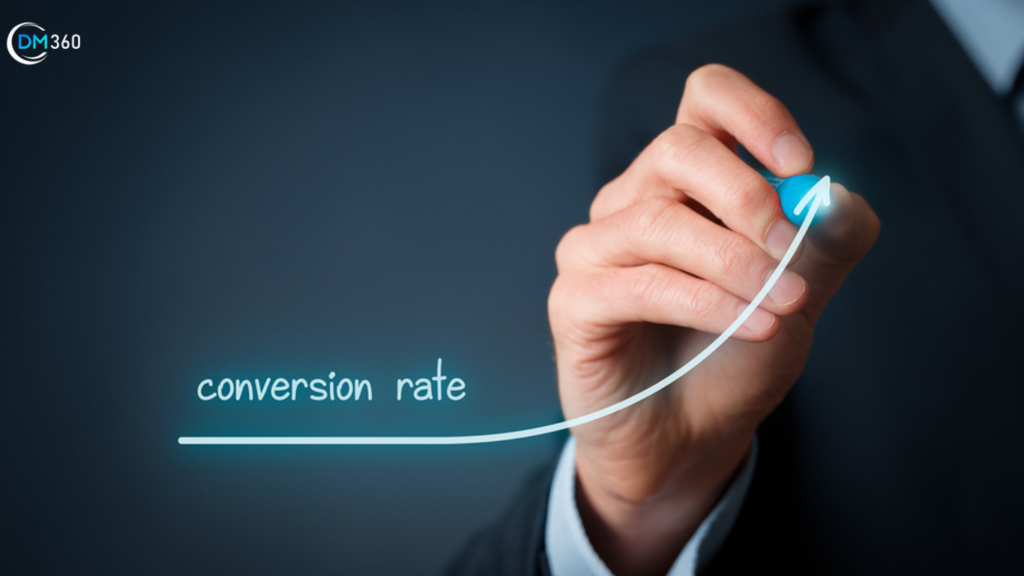
Mobile-Friendly Experience
It’s also important to remember that with mobile devices now being used predominantly for browsing the internet, it’s crucial to make sure your website loads faster for this type of user. In a mobile environment, users generally have lower download speeds and usually have a limited amount of data traffic. Your website may have its clients switch to other platforms if they do not have the time to spare to wait for the page to load on their mobile devices. This will also help in boosting the engagement of the mobile users and extend the outreach coverage to a new level by improving the page speeds.
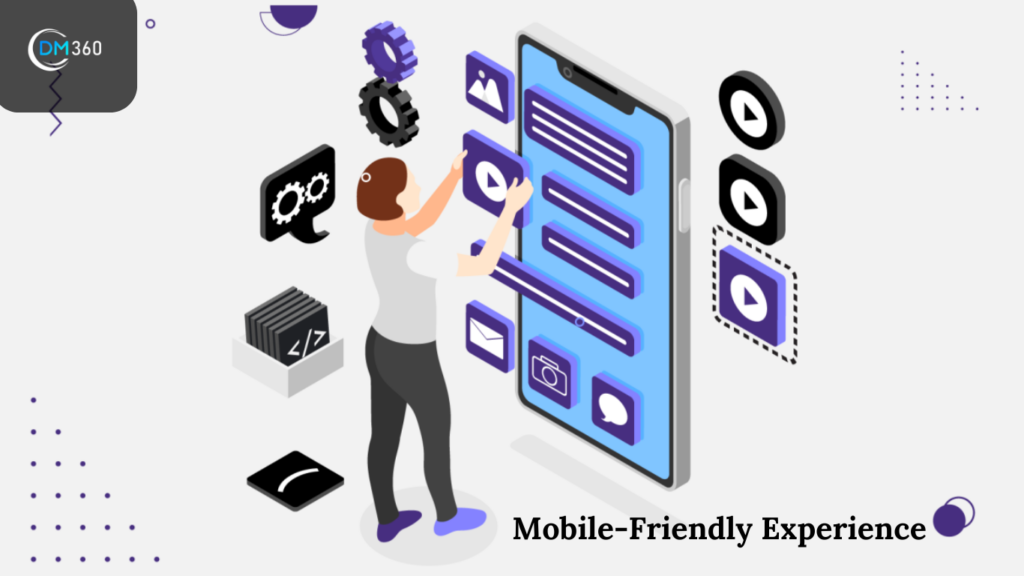
Reduced Bounce Rates
You should ensure that your website has an excellent page speed since it greatly influences the bounce rate of the website. A high bounce rate simply means that the visitors who land on your site only stay and look at one page before moving out. The user will not spend time waiting for the content to load, especially on pages with slow loading speeds, and will look for a quicker alternative. This increases your overall engagement and improves your website performance due to the enhanced page loading speed while at the same time decreasing the bounce rates and having the users engage with other pages on your website.
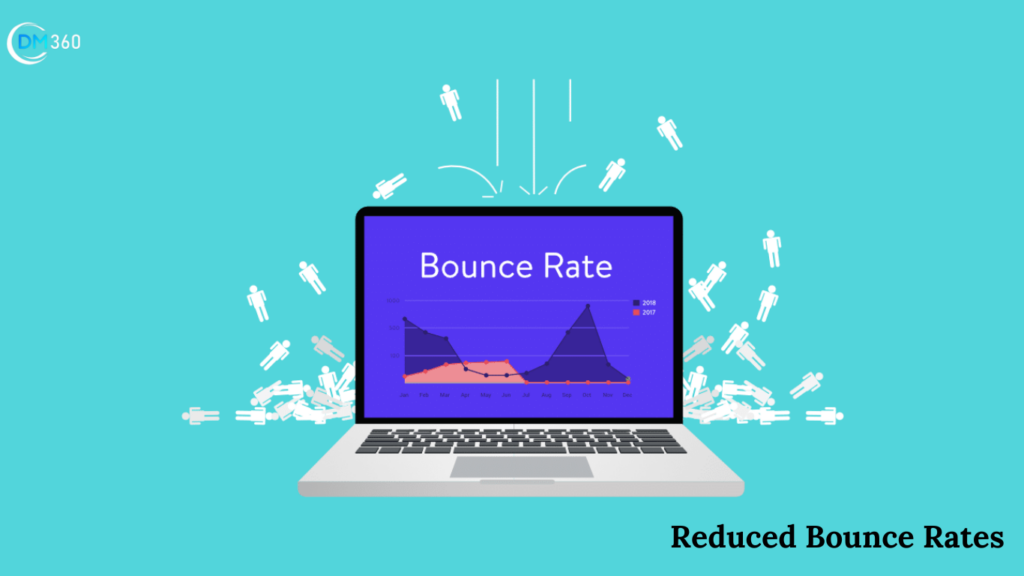
Competitive Advantage
Every little edge can make a difference in a world where more and more commercial transactions happen online. This statement meant that the more time it would take to load a website, the less competitive you will be. If a website offers a convenient and quick way of browsing through the site’s content, the customers are most likely to stick around and be content with the products. They suggest that you stand out from the competition by focusing on page speed, and making people know that your website is a brand that cares for users, and delivers them content at the earliest convenience possible.

Enhanced User Retention and Loyalty
Acquiring customers and maintaining user engagement means needing a website with a short loading time. The users’ ability to find what they are looking for with little effort enables them to come back to your site, interact with the content, and likely have a favorable view of the brand. Moreover, satisfied users can be trusted to refer your website to others,s hence attracting more visitors naturally.
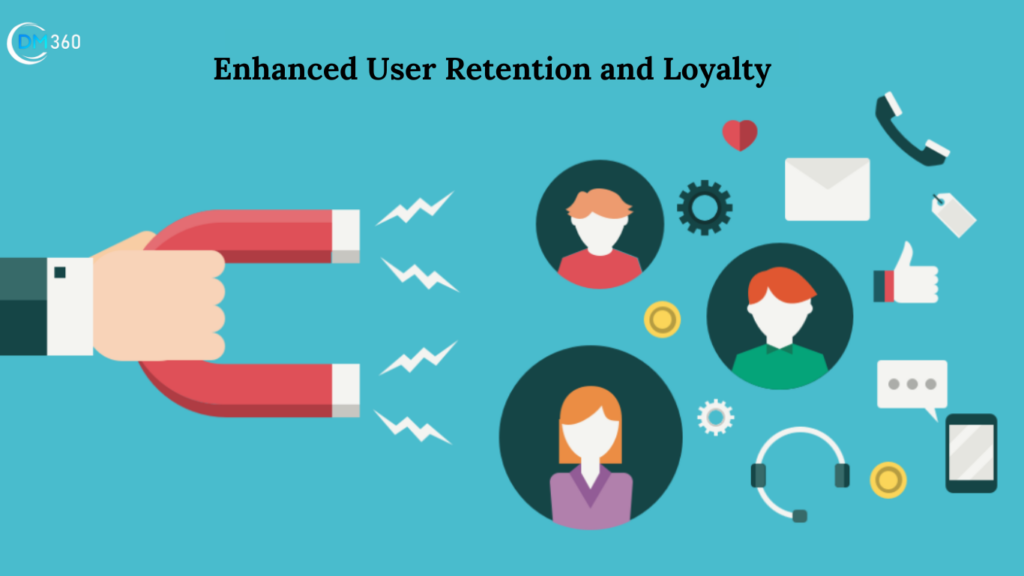
Competitive Advantage
Fast-loading websites give you a significant advantage over slower competitors in a competitive online environment. A website that offers seamless and efficient browsing is more likely to be chosen by users. Optimizing your page speed will establish your brand as reliable and user-centric and attract more visitors and potential customers.
Summing Up
The page speed of your website is not just a technical aspect; it affects the user experience, search engine rankings, and your business. Fast-loading websites improve user satisfaction, improve search engine visibility, increase conversion rates, and reduce bounce rates. You can improve the online experience for your visitors, drive more traffic to your site, and ultimately achieve your business goals by investing in page speed optimization.
FAQs
Why is page speed important for my website's SEO?
Page speed is a ranking factor used by search engines like Google. A faster website improves user experience and decreases bounce rates, which can lead to higher search rankings and better visibility.
How does slow page speed affect user experience?
Slow-loading pages frustrate users, causing them to abandon your site quickly. This results in higher bounce rates, lower engagement, and lost potential conversions or sales.
What factors influence my website’s page speed?
Common factors include image sizes, server response time, unoptimized code (CSS/JavaScript), lack of caching, and too many HTTP requests. Addressing these can significantly boost load times.
Can faster page speed increase conversion rates?
Yes. Studies show that even a 1-second delay can reduce conversions by up to 7%. A faster website keeps visitors engaged and more likely to complete purchases or actions.
How can I test and improve my website’s page speed?
Use tools like Google PageSpeed Insights, GTmetrix, or Lighthouse to test your site. Optimizing images, enabling browser caching, and using a content delivery network (CDN) are great ways to improve speed.

